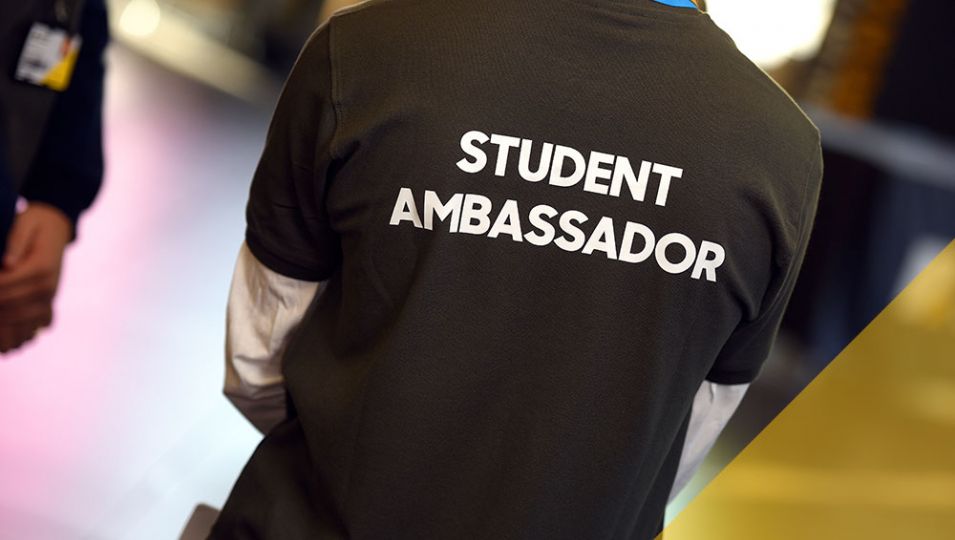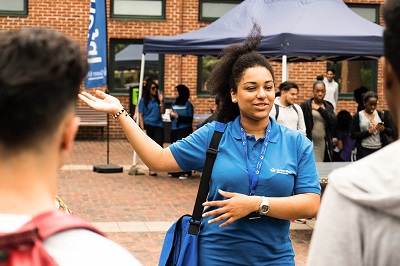After every academic year, your school graduates and enrolls hundreds of students who are either progressing from primary to secondary class, or secondary to university. This creates space for new prospective students who are applying to your school. With this, your admission team is responsible for ensuring that your school demonstrates why it is a great fit for prospective applicants. At times this responsibility might be too much for your admission team to handle, then here enters your winning card: student ambassadors.
Who are Student Ambassadors?
Student ambassadors are selected by the administrators of the school to represent the school in a number of public settings. They are always chosen because they demonstrate certain values of the school, and can talk positively about their own experience of attending your school.
They might be in attendance during the admission process to; welcome families during visitation time, appear on live Q&A school webinars and even lead school tours for prospective families.

How do Student Ambassadors help during Admissions Process?
Student ambassadors are one of the best ways to encourage families to enroll their children in your school. There are three major things families are on the lookout for when enrolling their child in your school:
Authenticity: they want to have a feel of what your school is really about, not just the antics you do for your marketing.
Personalization: they want to feel that you understand who their child is and that you’re tailoring the enrollments process to their needs and interests
Values alignment: they want to ensure there’s a good match between their values and yours
Families are afforded the opportunity to hear about a day-in-the-life experience of a child attending your school (there’s that authenticity!). You can also support your student ambassadors to ask the families questions about their children and provide their own insights and thoughts about whether their child might enjoy attending the school (there’s that personalization!). Finally, you’re able to demonstrate to families what a student who attends your school acts (there’s that values alignment!).
A single conversation with a school ambassador has the potential to deliver on all three of these things far better than your most strategic marketing campaign.
How to Start a Student Ambassador Program in Your School
By now, you should have been convinced that implementing a student ambassador program is a smart way to support your admissions team. So here is how you can get started.

1. Select your Student Ambassadors
Brainstorm with your admission team and other school administrative officers on the type of students that you feel would best represent your school. Some important attributes of student ambassadors include:
School involvement: they participate in a number of programs within your school, and can speak to their experiences within them
Professionalism: they’re able to speak confidently and respectfully to families, and answer any questions that they might throw their way
A Positive Attitude: this is important. You want to ensure that any students you choose will speak enthusiastically about the school and its teachers.
2. Train your Student Ambassadors
It doesn’t stop at you just selecting your ambassadors, you will also need to provide them with the necessary training that they need on how to speak about your school to prospective parents before sending them into the field. Take them through your school’s values and ethics and make sure they have a full understanding. Give them clear instructions on how to perform the tasks they’re being assigned and answer any questions that they have. You might also ask them to perform the task for you and provide feedback.

3. Introduce Them into your Admissions Process
Once you are certain that the students can perform the role confidently, then it is time to involve them in the admission process. Ask families to give reviews about the student ambassadors that assisted them so you can be sure that the program is working for you. Be open to changes, because what you do not even take note of might cause a turning around for your enrollment.
